
Wildfires are becoming an increasingly common threat worldwide. Record-breaking burns from Australia to the Amazon to the United States are devastating the environment. The deadly wildfires that raged across Los Angeles in January were estimated to have caused more than $250 billion in damages.
Current satellite imagery is often low resolution, infrequently updated and unable to detect small fires. But what if there was a way to spot wildfires earlier and more accurately before they become raging infernos?
Enter FireSat, a new satellite project designed to detect and track wildfires early. How early? The project aims to detect a fire that’s merely 270 square feet – about the size of a classroom – within 20 minutes. It’s also able to detect fires two to three acres in size, roughly the size of two football fields.
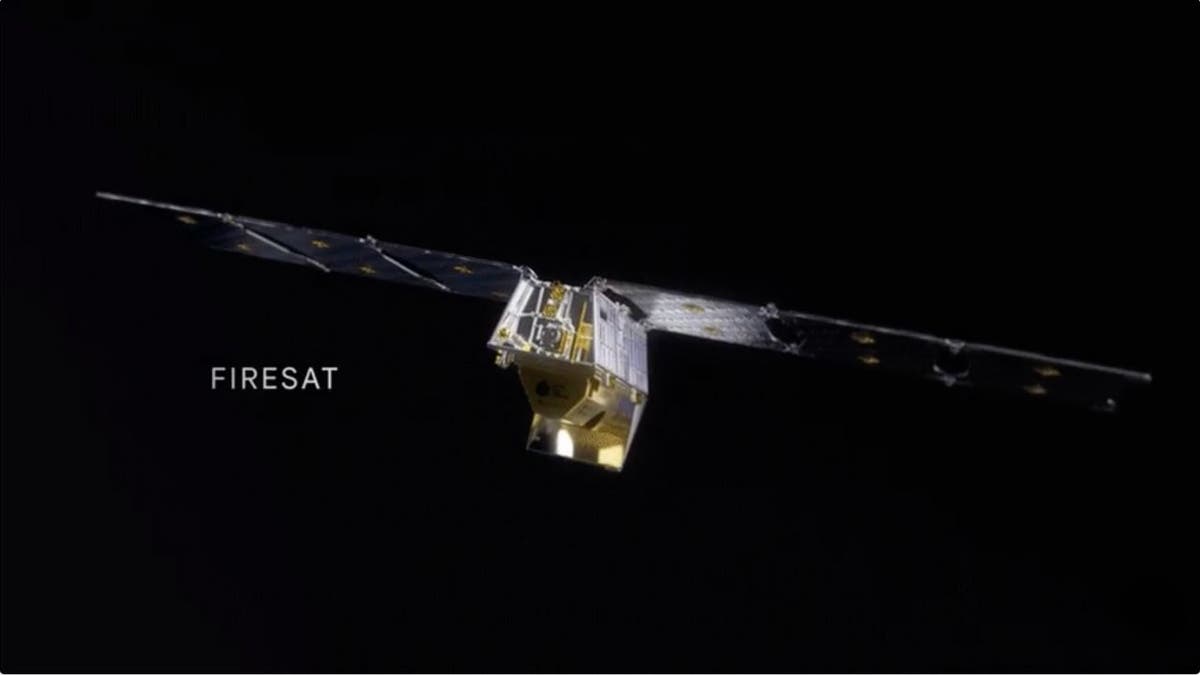
FireSat satellite (FireSat)
Finding fires earlier and more accurately
The FireSat constellation will consist of more than 50 satellites when it goes live. The satellites are fitted with custom six-band, multispectral infrared cameras designed to capture imagery suitable for machine learning algorithms to accurately identify wildfires, differentiating them from misleading objects like smokestacks.
WHAT IS ARTIFICIAL INTELLIGENCE (AI)?
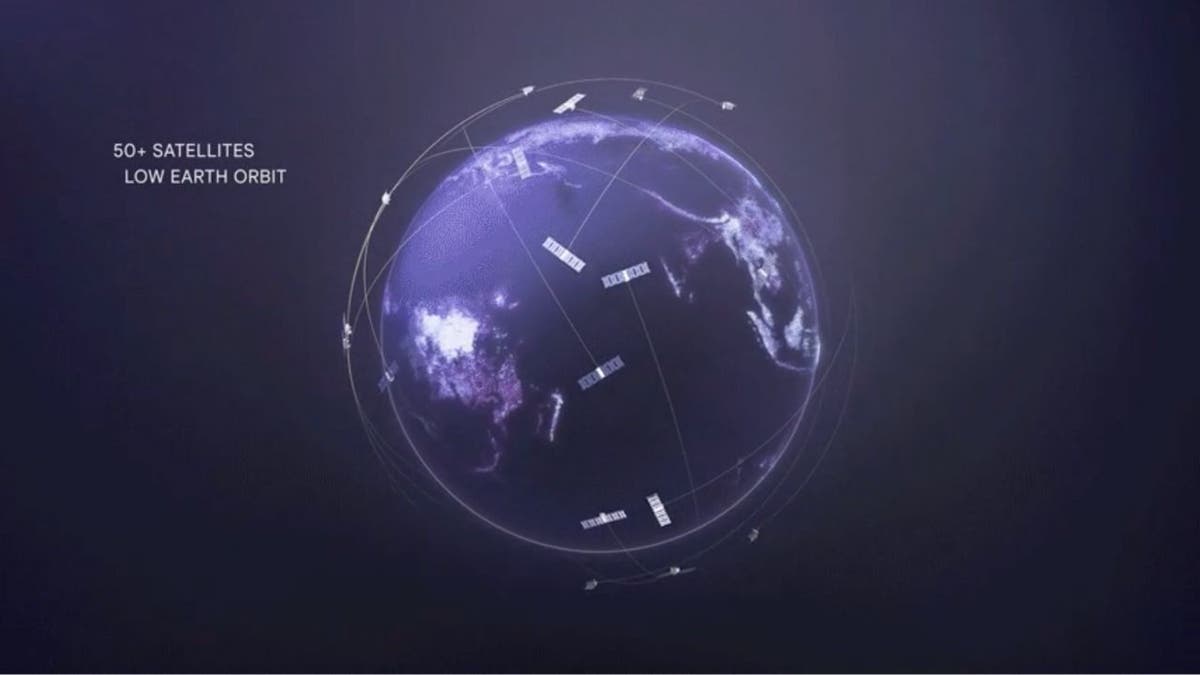
Illustration of FireSat constellation (FireSat)
TOP FIREPROOF BAGS, ORGANIZERS AND SAFES TO PROTECT YOUR VITAL DOCUMENT
Building (and testing) a new AI model
Using artificial intelligence, FireSat rapidly compares a spot, wherever it is in the world, with previous imagery of that location, considering factors like nearby infrastructure and local weather to determine if there’s a fire.
“Differentiating between real fires and random ‘noise’ in the environment was a challenge,” says Chris Van Arsdale, who works on climate and energy projects at Google.
The team even loaded a plane with sensors to experiment with their progress.
“The first time we used the plane, one of our team members lit a barbecue and a fire pit in his backyard so we could fly the plane over and test it,” says Erica Brand, one of the project managers for FireSat. “And the sensors were able to pick it up.”
GET FOX BUSINESS ON THE GO BY CLICKING HERE
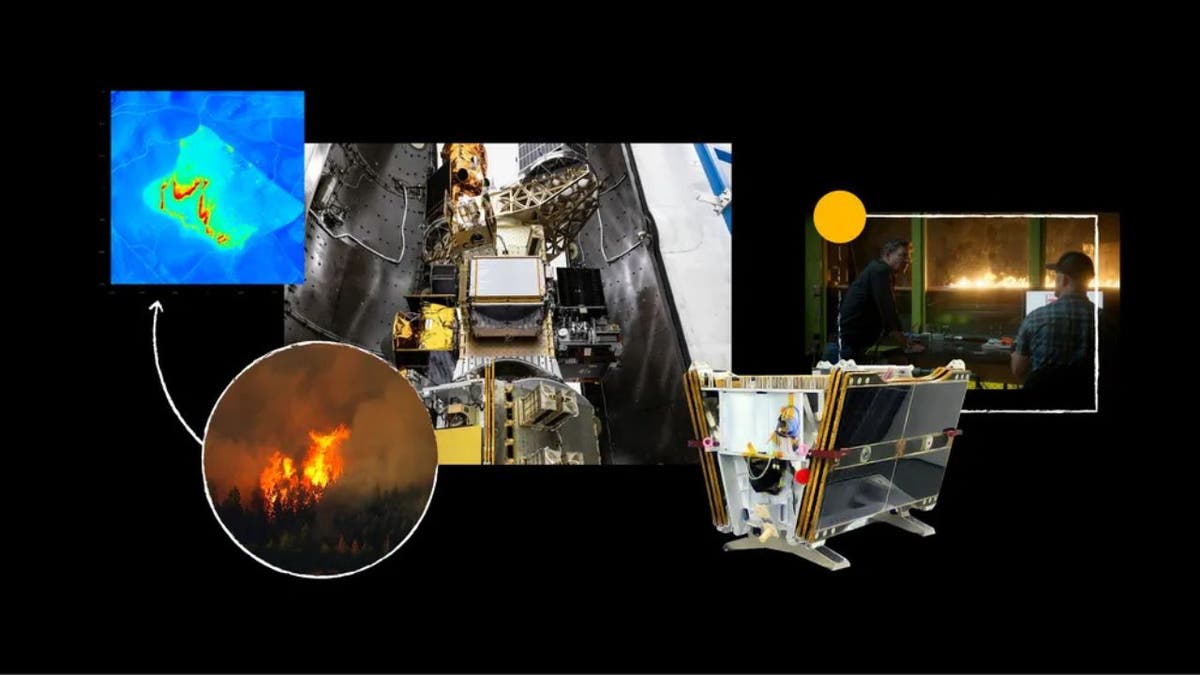
Illustration of FireSat constellation images (FireSat)
BEST HOME INVENTORY APPS TO PROTECT YOUR PROPERTY IN CASE OF EMERGENCY
FireSat’s long-term vision takes shape
The first FireSat satellite has already been launched. The entire constellation should be in orbit by 2030. The satellite data will contribute to a global historical record of fire spread so that scientists can better model and understand wildfire behavior.
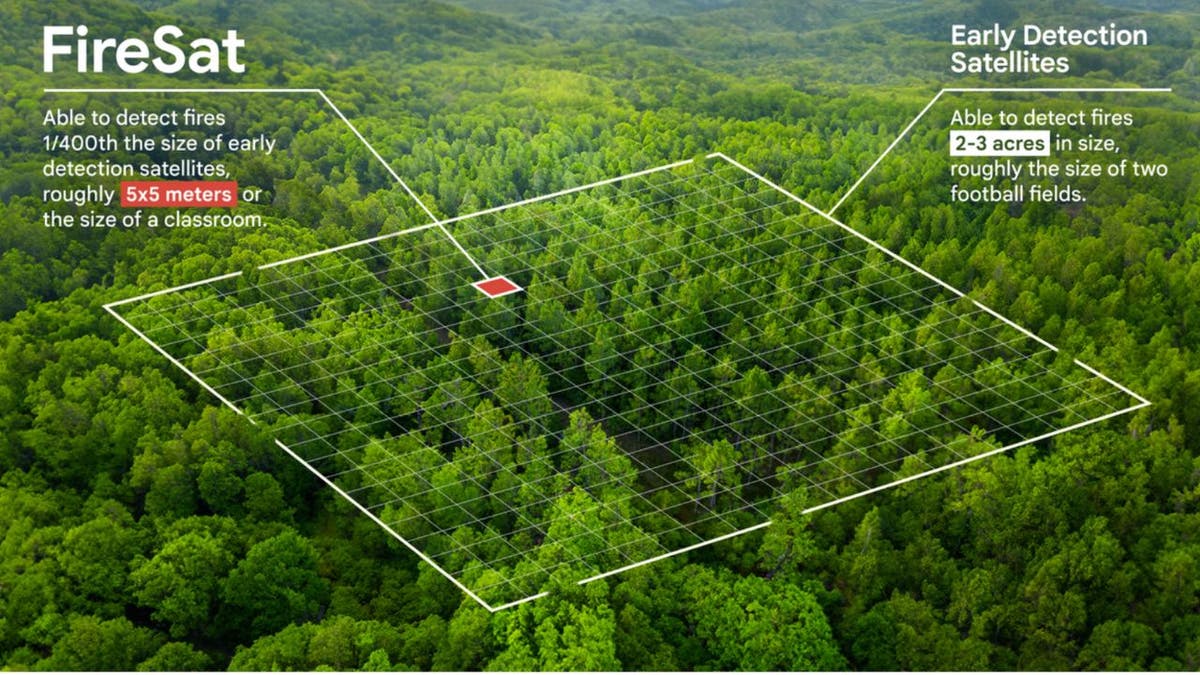
BEST APPS TO TRACK AND MONITOR AIR QUALITY TO STAY SAFE
The team behind FireSat
Google Research and satellite manufacturer Muon Space are founding partners in the Earth Fire Alliance, the nonprofit home for FireSat. Funding for the constellation’s first satellite comes in part from AI Collaboratives: Wildfires, an initiative created by Google.org that convenes leading nonprofits, academic institutions, government agencies and companies around the joint goal of using AI to prevent the devastating impact of wildfires.
As part of AI Collaboratives, Google.org provided $13 million to support the launch of the first satellite in the FireSat constellation.
SUBSCRIBE TO KURT’S YOUTUBE CHANNEL FOR QUICK VIDEO TIPS ON HOW TO WORK ALL OF YOUR TECH DEVICES
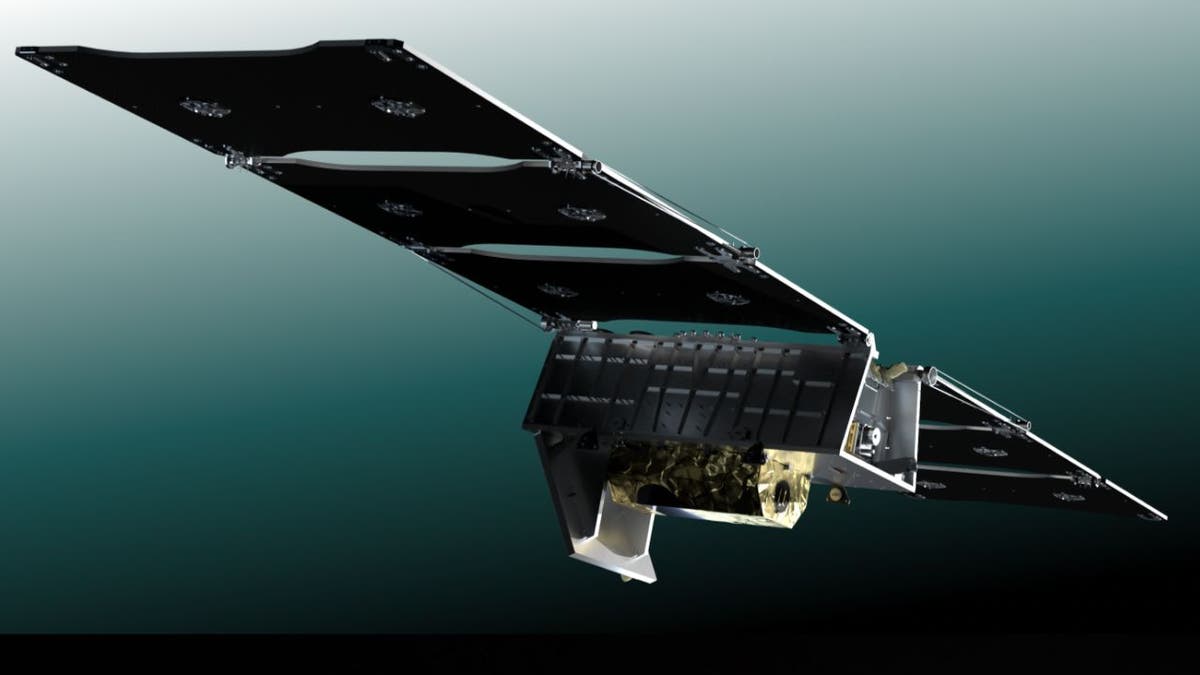
FireSat satellite (Earth Fire Alliance)
10 ESSENTIAL HOME SAFETY TIPS TO KEEP YOUR LOVED ONES SAFE
Kurt’s key takeaways
So, what does this all mean? It means a future where wildfires are detected faster, contained quicker and cause less devastation. FireSat represents a major advance in wildfire management. This ambitious project has the potential to protect lives, homes and the environment we all cherish.
CLICK HERE TO GET THE FOX NEWS APP
If FireSat had been around during the last major wildfire in your area, how might the outcome have been different? Let us know by writing us at Cyberguy.com/Contact.
For more of my tech tips and security alerts, subscribe to my free CyberGuy Report Newsletter by heading to Cyberguy.com/Newsletter.
Ask Kurt a question or let us know what stories you’d like us to cover.
Follow Kurt on his social channels:
Answers to the most-asked CyberGuy questions:
New from Kurt:
Copyright 2025 CyberGuy.com. All rights reserved.



